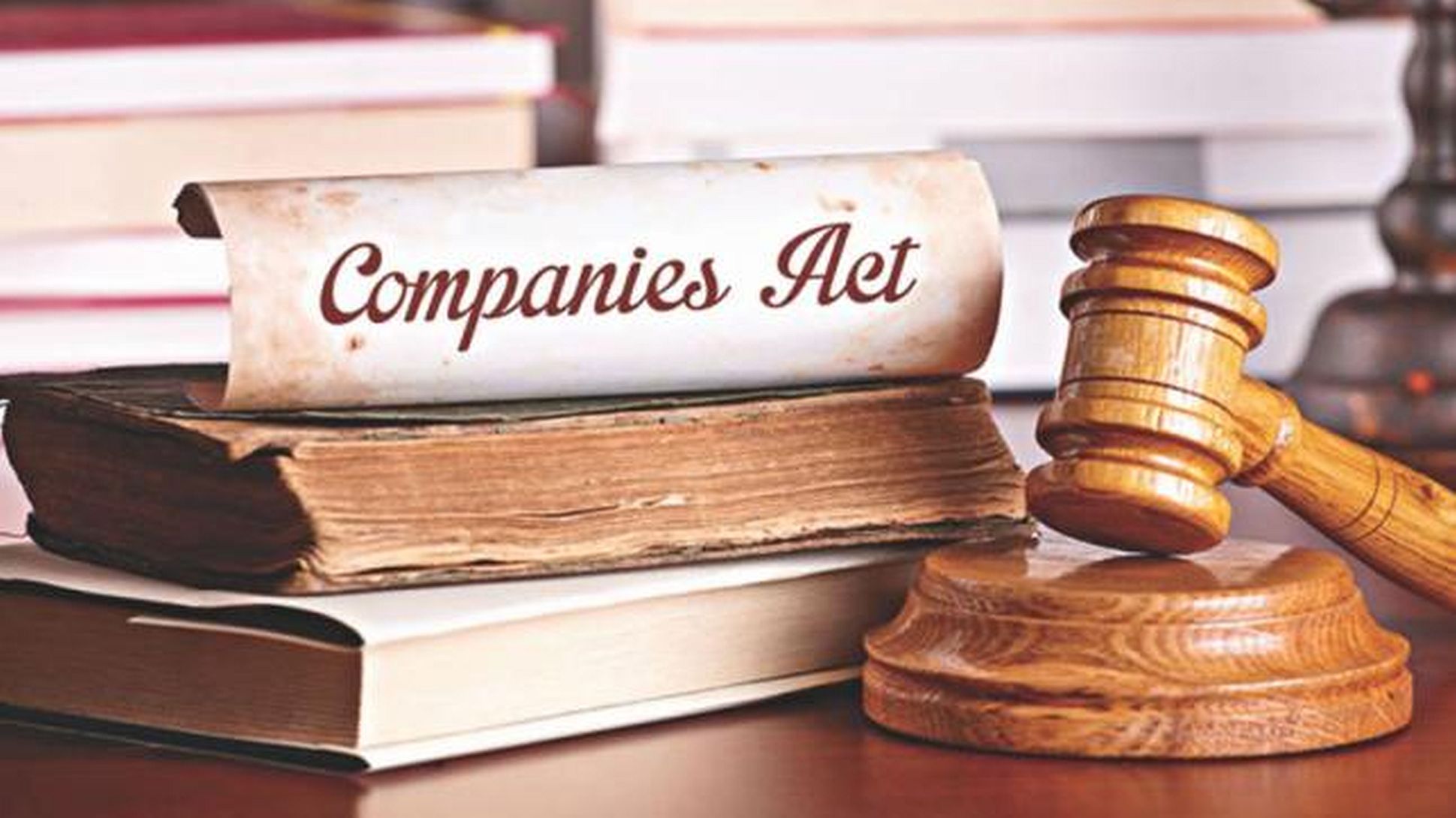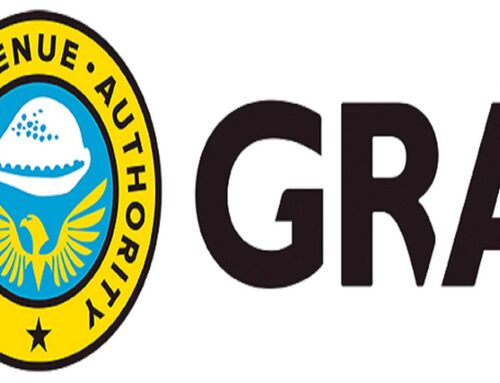Companies Act 2019
In this regulatory alert, the authors highlight the major changes that have been introduced by the new law.
| Companies ACT 1963 Act 179 (Repealed) | Companies ACT 2019, Act 992 | |
|---|---|---|
| 1 | No provision for the establishment of an office of Registrar | Provisions made for the establishment of an Office of Registrar of Companies as a body corporate with perpetual succession. |
| 2 | Regulations of the company |
The Regulations (Article of Association and Memorandum of Association) of a company is now referred to as the Constitution The filing of the Constitution is now optional |
| 3 | Ultra virus acts |
The ultra virus doctrine is abolished. A company shall have the full capacity to carry out any business or activity unless specifically restricted by its constitution |
| 4 | No conflict of interest register | Requires a company to maintain conflict of Interest Register for recording disclosure of interest made by directors. |
| 5 | Requirement of a gazette | Introduction of the Companies Bulletin and electronic database |
| 6 | No statutory declaration was required as to whether a person being appointed as a director had a conviction within the last 5 years involving fraud, dishonesty, promotion, incorporation and management of a company | Directors are required to file a statutory declaration with the registrar to the effect that the person has not in the preceding five years been charged and convicted of a criminal offence involving fraud, dishonesty, promotion, incorporation and management of a company |
| 7 | Surplus | “Reserves” used instead of surplus |
| 8 | Income surplus | Referred to as retained earnings. |
| 9 | No codification of duties of a company secretary | Introduces statutory duties of a company secretary |
| 10 | No Derivative action | Derivative actions have also been introduced. The proper person to bring an action on behalf of a company are the directors. Derivative action allows a shareholder to bring an action or a claim in the name of the company to enforce rights or assets belonging to the company. A permission must be sought from the Court before a member would be allowed to institute derivative proceedings against a director or on behalf of the company. |
| 11 | No Unfair prejudice claim |
Codification of the common law remedy of Unfair prejudice claim into statute. This will allow shareholders or debenture holders of a company to institute an action on the ground that (a) the company’s affairs are being or have been conducted in a manner that is oppressive to the interests of members or debenture holders or officers of the company, or (b) that an actual or proposed act or omission of the company (including an act or omission on its behalf) is or would be so prejudicial to one or more of the members or debenture holders. There are two elements to the requirement of unfair prejudice, and both must be present to succeed in a claim:
|
| 12 | Certificate to commence business | The issuance of Certificate to commence business by the Registrar of Companies is now abolished. |
| 13 | It was mandatory for all companies have ‘Limited’ as the last word of the name of a company regardless of their legal form. |
This requirement has been widened. Companies are required to add the following suffixes to their names to identify their real legal form
|
| 14 | Qualifications of a company secretary was not prescribed | The qualification of a person eligible to be appointed as a company secretary has been set out in law. The person (body corporate or natural person) must be a qualified lawyer in Ghana or a Chartered Accountant with Institute of Chartered Accountant or a member of the Institute of Chartered Secretaries and Administrators or possess tertiary qualification with an offering in company law practice and administration. |
| 15 | There was no maximum term for which an auditing firm may act as an external Auditor | There is a statutory cap of six years for an auditing firm to act as an external auditor to a company. After the six years, another Auditor must be appointed. The auditor is eligible to be re-appointed after cooling-off period of not less than six years. This requirement applies to both private and public companies. |
| 16 | Manual registration of companies | The Registrar has been mandated by the Act to roll out and authorise certain transactions electronically. |
| 17 |
The accounting standards to be used by a company was not set out in law, even though the Ghana Accounting Standards were used until the Institute of Chartered Accountants, Ghana adopted International Financial Reporting Standards (IFRS) in 2010. |
It is now required that financial statements of a company must be prepared in compliance with International Financial Reporting Standards adopted by the Institute of Chartered Accountants, Ghana or any other standards approved or adopted by the Institute. |
| 18 | The grounds for disqualifying a Director from being involved in the formation, management of a company was limited. |
The Directors disqualification regime has been strengthened. The punitive measures have been widened to apply stiffer sanctions on miscreant directors. A duty has been imposed on a person who has been disqualified to act as a director to notify the Board and the Company Secretary in writing. New grounds for disqualifying a director in Ghana has been introduced;
Automatic grounds under which a person shall be debarred as a director from being involved in the promotion, formation and the management of a company have been introduced. For example, a person who has convicted of an offence of fraud or dishonesty in relation to the management or promotion of a company or has been involved as a director or senior executive in an insolvent company within the last five year is automatically disqualified from being a director of a company. |
| 19 | Under the Repealed Act, it merely enjoins a director to act in a manner that an ordinary skilful, faithful and diligent director will act in a circumstance. |
The duties of a director under the new law have been expanded. Not only is a director required to act in the best interest of a company as a whole to preserve the assets, further the business, and promote the purposes for which the company was formed, in the manner that a faithful, diligent, careful and ordinary skilful director would act in the circumstances, but must have regard to
A director is required to exercise independent judgment. |
| 20 | Exercise of Directors Powers | the new Act has expanded and widened the scope on the exercise of a director’s powers. A director who omits or acts in contravention of the powers conferred can be liable to the company or the person in whom that act or omission affects. |
Learn more about the new Companies Act 2019 Act 992 by contacting any of the authors or your usual Nobisfields lawyer.
Theophilus Tawiah
theophilus.tawiah@nobisfields.com
Joseph Tamakloe
joseph.tamakloe@nobisfields.com
Peggy Addo
peggy.addo@nobisfields.com
The information provided in this alert, is not intended to be, and shall not be construed to be, either the provision of legal or tax advice or an offer to provide legal or tax services, nor does it necessarily reflect the opinions of the firm, our lawyers/consultants or our clients. No client-lawyer/consultants relationship between you and our lawyers/consultants is or may be created by your use of this information. Rather, the content is intended as a general overview of the subject matter covered. Nobisfields is not obligated to provide updates on the information presented herein. Those reading this alert are encouraged to seek direct counsel on this issue.
Nobisfields
1 Pawpaw Street
East Legon
P. O. Box DT 1210
Accra, Ghana
T: +233 302500107
E: info@nobisfields.com
www.nobisfields.com




